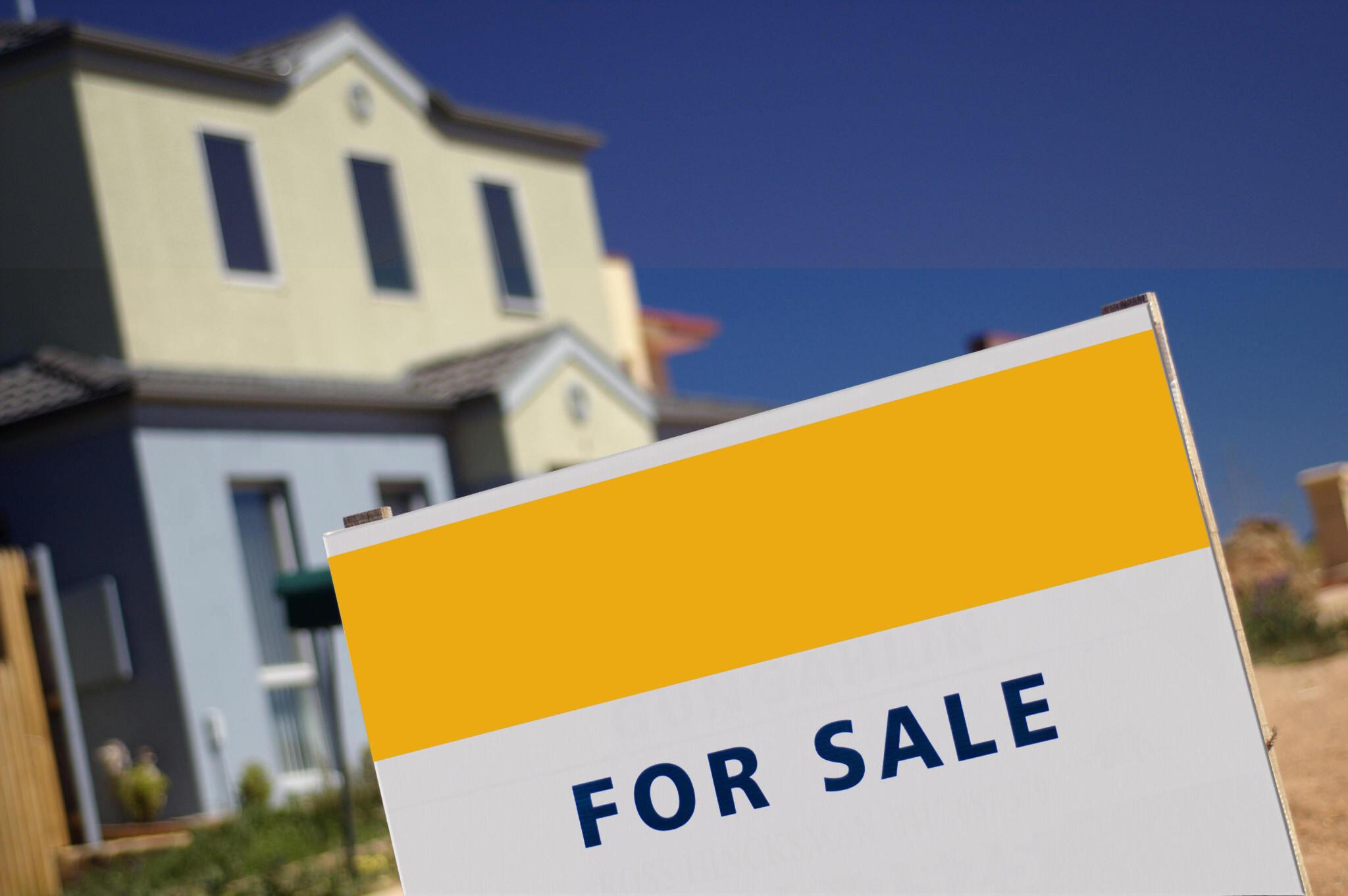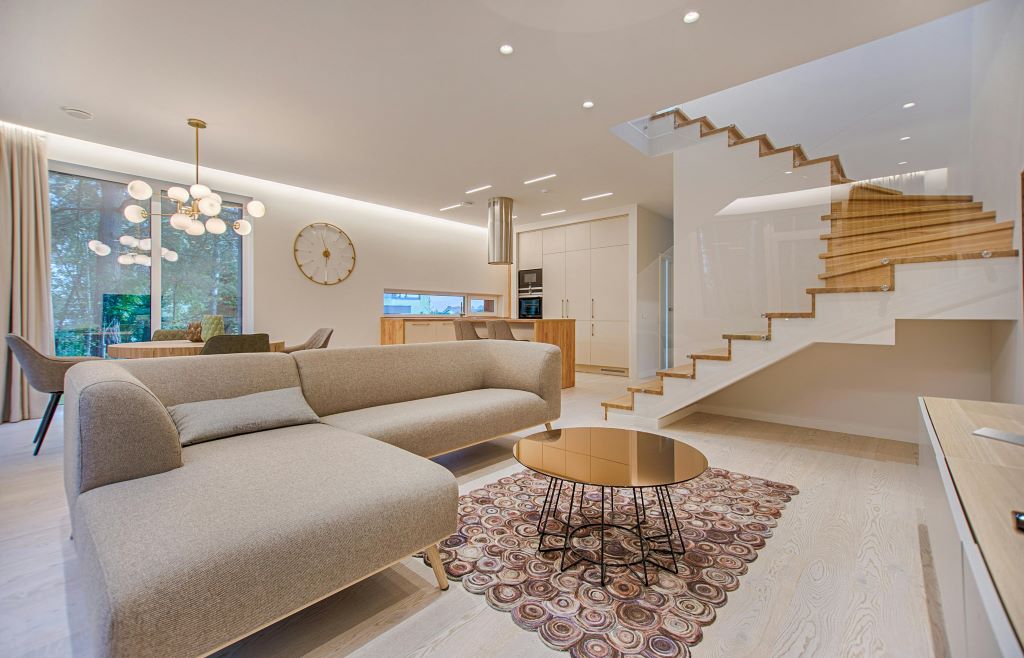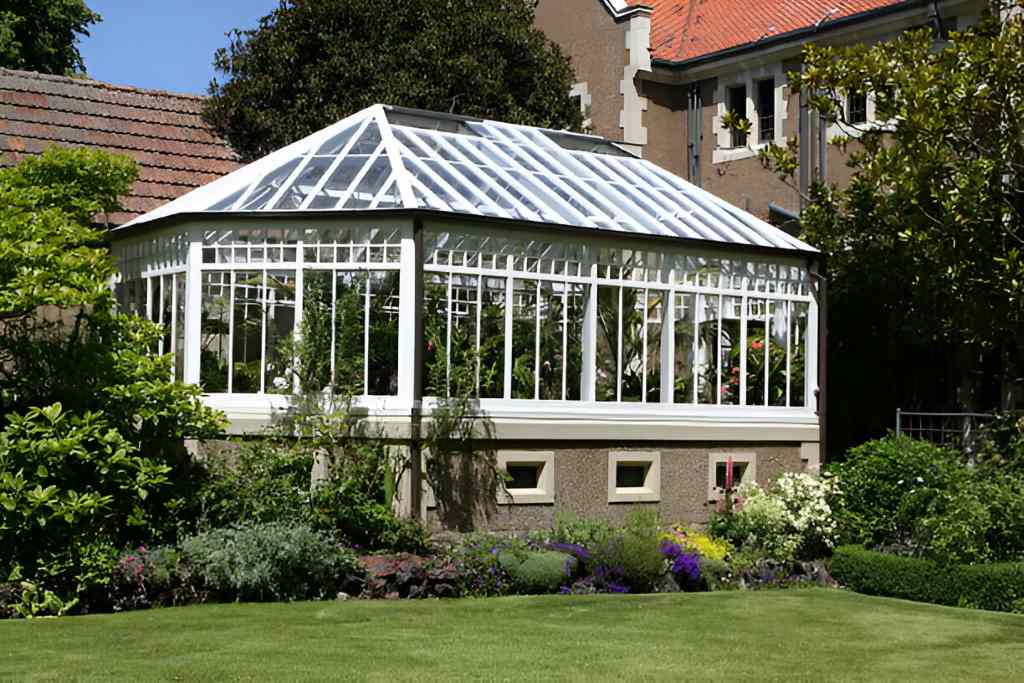
Buying a house or making improvements to an existing one is a decision for individuals. Making the most of this investment is crucial. In this article we will explore how homeowners can optimize their investments in buying and improving their houses to increase value and satisfaction.
Purchasing Your Home: Factors to Consider
Embarking on the journey of purchasing a home is an exciting and significant milestone in life. However, navigating the complexities of the real estate market can be daunting without a clear understanding of the key factors at play.
- Location Matters: Location holds true as it greatly affects the value of a home. Factors like amenities, quality of schools and desirability of the neighborhood influence both the purchase price and potential resale value.
- Structural Soundness: Ensuring that the property has a strong structure is vital. Assessing the foundation, roof and overall construction quality is important to avoid repairs in the future.
- Potential for Enhancements: When buying a home it’s worth considering its potential for improvements. Properties with possibilities like basements or outdated interiors offer opportunities to increase value through renovations.
- Adapting to Market Trends: Understanding what features and styles are in demand among buyers. Incorporating smart home features and upgrades to increase property value. Designing spaces that can adapt to changing needs and preferences.

Enhancing Your Home: Strategic Upgrades
Your home is more than just a place to live, it’s a reflection of your personality and a sanctuary where memories are made. Strategic upgrades can not only enhance your living space but also increase its value and functionality.
- Kitchen Transformations: The kitchen often serves as the heart of a home. Can be a selling point. Investing in kitchen upgrades such as appliances, countertops and cabinetry can significantly improve functionality.
- Bathroom Renovations: Upgrading bathrooms can bring a return on investment. Adding features like fixtures, tiled showers and luxurious amenities can make your home more appealing to buyers and increase its overall value.
- Improving Energy Efficiency: Enhancing energy efficiency does not reduce utility costs. Also boosts your home’s value. Installing energy windows, improving insulation and updating HVAC systems not only attract environmentally conscious buyers but also enhance comfort and sustainability.
- The Foundation of Value: Determining how much you can afford to spend on a house and potential renovations. Looking beyond surface flaws to recognize the potential for improvement. Considering the potential return on investment for different properties.
Strategies for Maximizing Value
In today’s dynamic and competitive landscape, individuals and organizations alike seek ways to enhance their returns and outcomes. If you want to buy a house in Hollywood Hills you can also check the online website.
- Focus on High Impact Upgrades: upgrades that offer the return on investment. Renovating kitchens and bathrooms enhancing curb appeal and improving energy efficiency generally result in the appreciation in value.

- Maintain a Balanced Approach: While upgrades are important for maximizing value it’s crucial to find a balance between cost and return. Avoid improving compared to the neighborhood or investing in upgrades that won’t yield returns when you sell your home.
- Seek Professional Advice: When unsure about which upgrades will add the value to your home consult real estate professionals, contractors or designers. Their expertise can help you make decisions about maximizing your home’s value.
- Strategic Improvements: Identifying high-impact renovations vs. low-value upgrades. Investing in sustainable features to reduce utility costs and increase market appeal.
Factors to Consider When Financing Home Improvements
When it comes to financing home improvements homeowners have options to explore. Two common choices are home equity loans and lines of credit which allow homeowners to utilize the equity in their homes for funding. These options often come with interest rates and flexible repayment terms.
- Cash Out Refinancing: Another option is cash out refinancing, where homeowners can refinance their mortgage and tap into the equity to fund their home improvements. However it’s crucial to consider the impact on mortgage terms and overall financial goals before pursuing this avenue.
- Financial Implications: For smaller scale improvements personal loans or credit cards can be alternatives. Homeowners should exercise caution. Evaluate factors such as interest rates, repayment terms and overall financial implications before choosing these options.
- Home Flexible Space Design: The growing trend of work has made us realize the importance of having a home office and versatile living spaces. Homeowners now have the option to repurpose existing areas or add extensions to their homes in order to meet their changing needs, for work and lifestyle.
- Financial Considerations: Exploring different financing methods for purchasing and renovating a home. Planning for contingencies and unforeseen expenses during renovations.

Conclusion
When it comes to upgrading our homes we should consider both purchasing decisions and thoughtful home improvements that enhance value and satisfaction. By prioritizing factors like location, structural integrity and potential for enhancements when buying a home as well as focusing on impactful upgrades such as kitchen and bathroom renovations.
Energy efficiency improvements and incorporating smart home technology homeowners can make the most out of their investments while enjoying a more comfortable and valuable living environment. With planning considering aspects and being aware of upcoming trends homeowners can successfully navigate the upgrade process and unlock the full potential of their homes.








